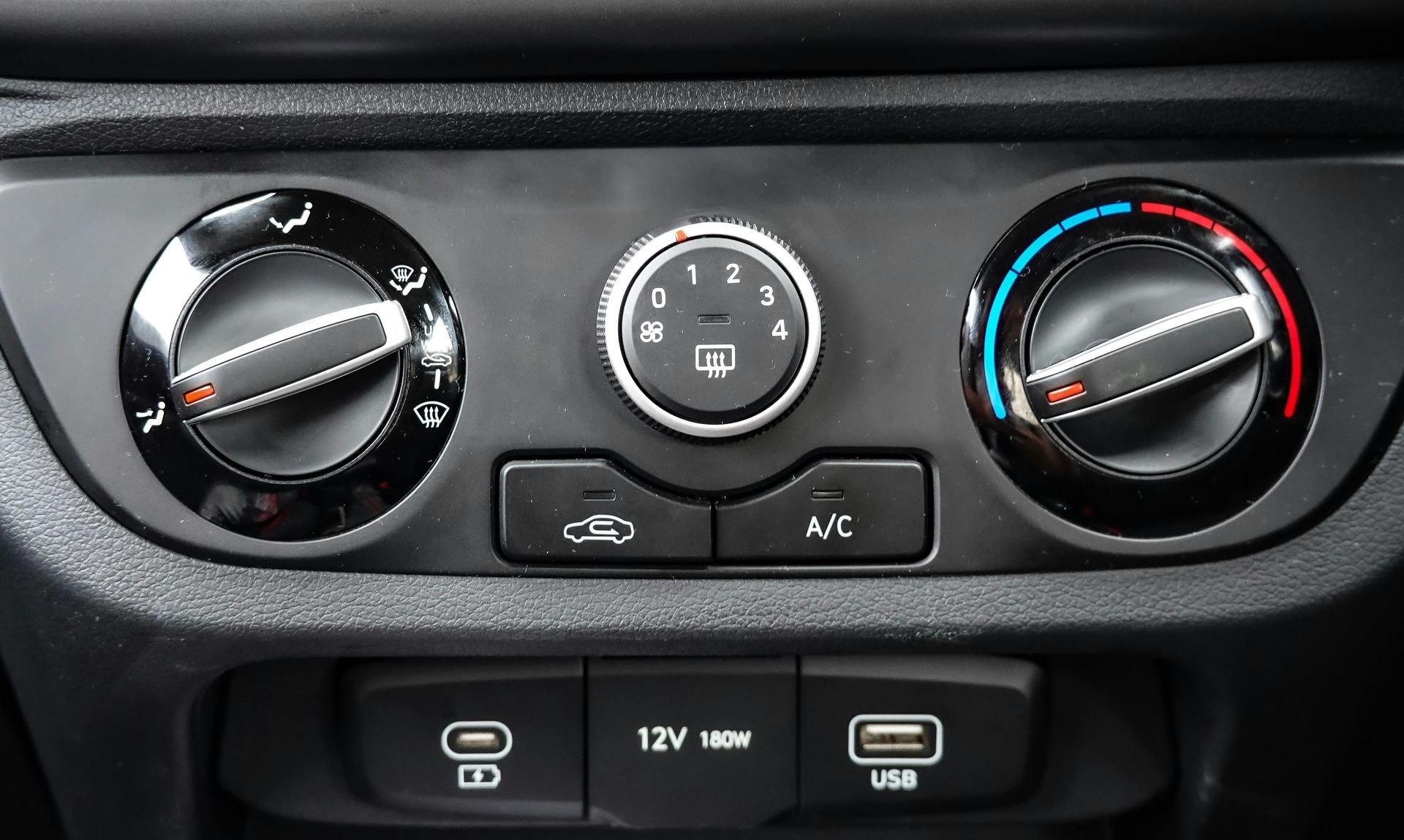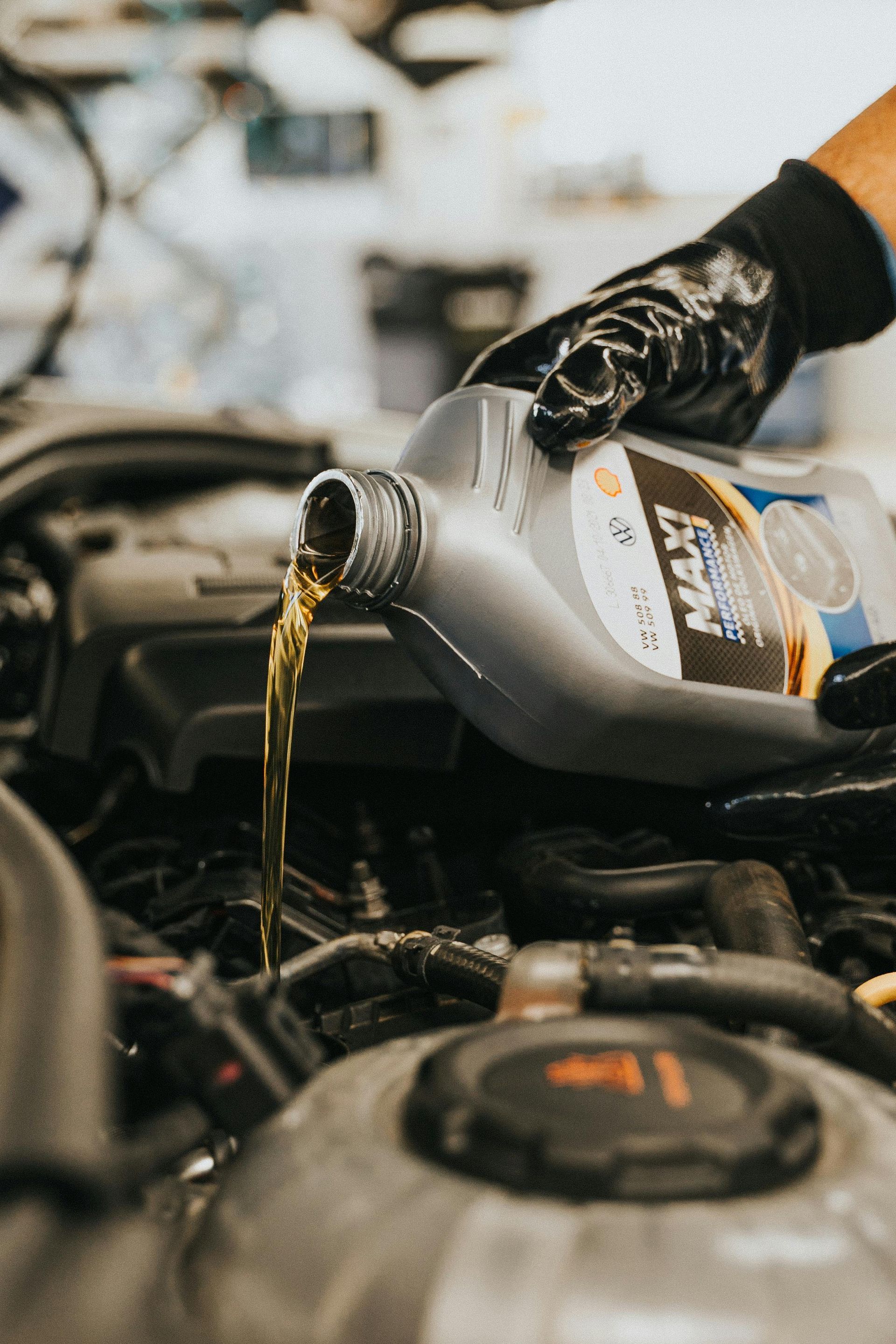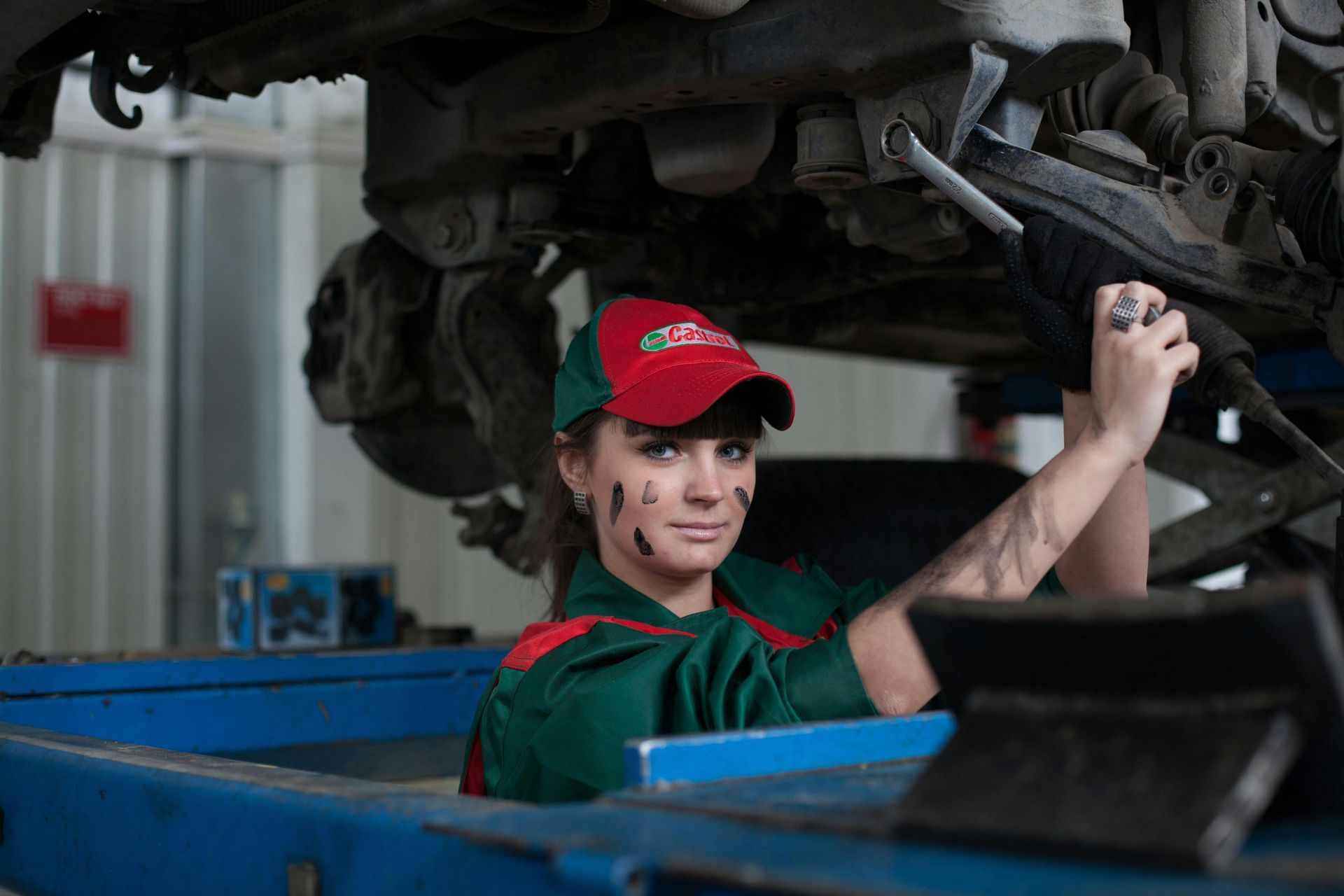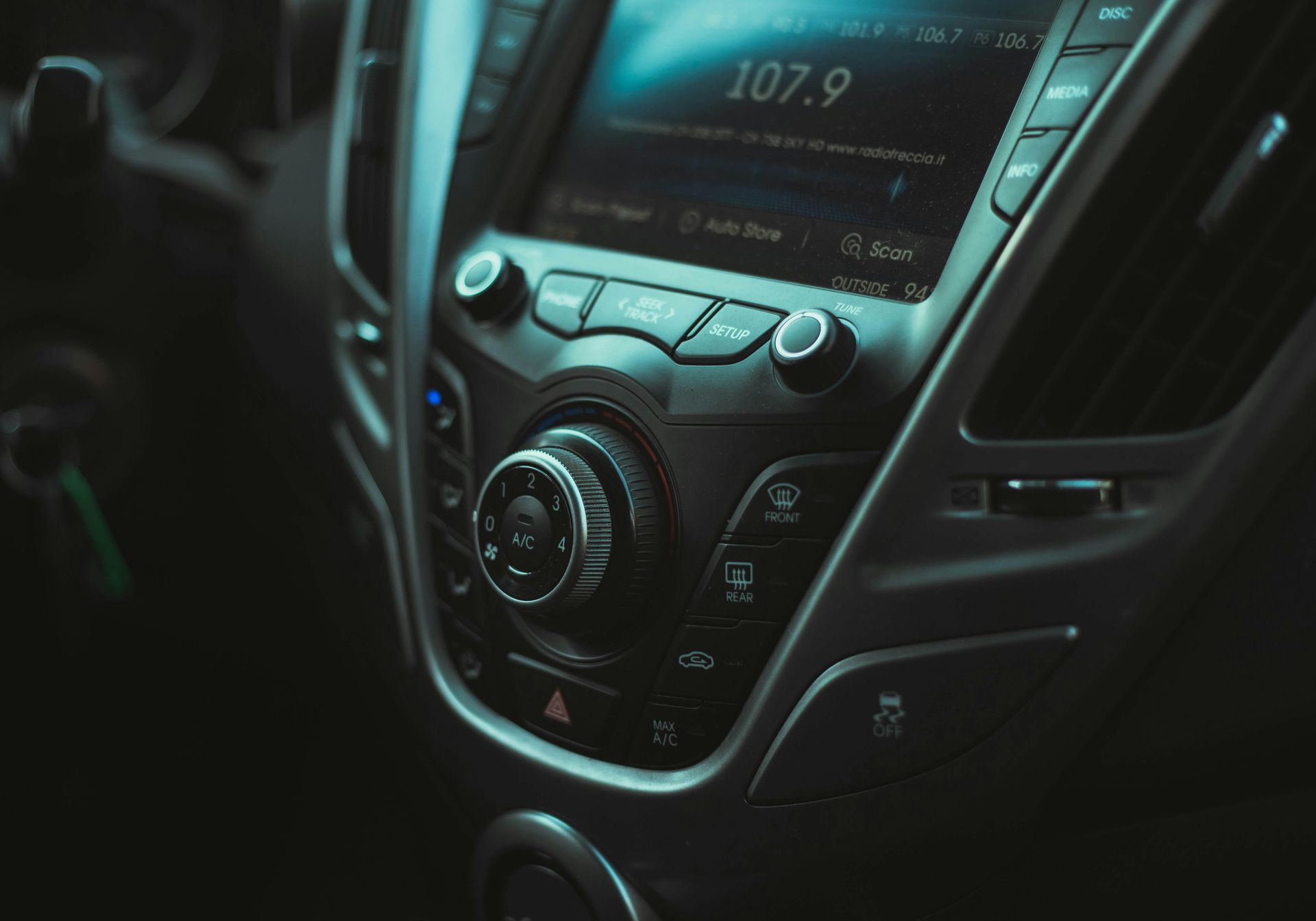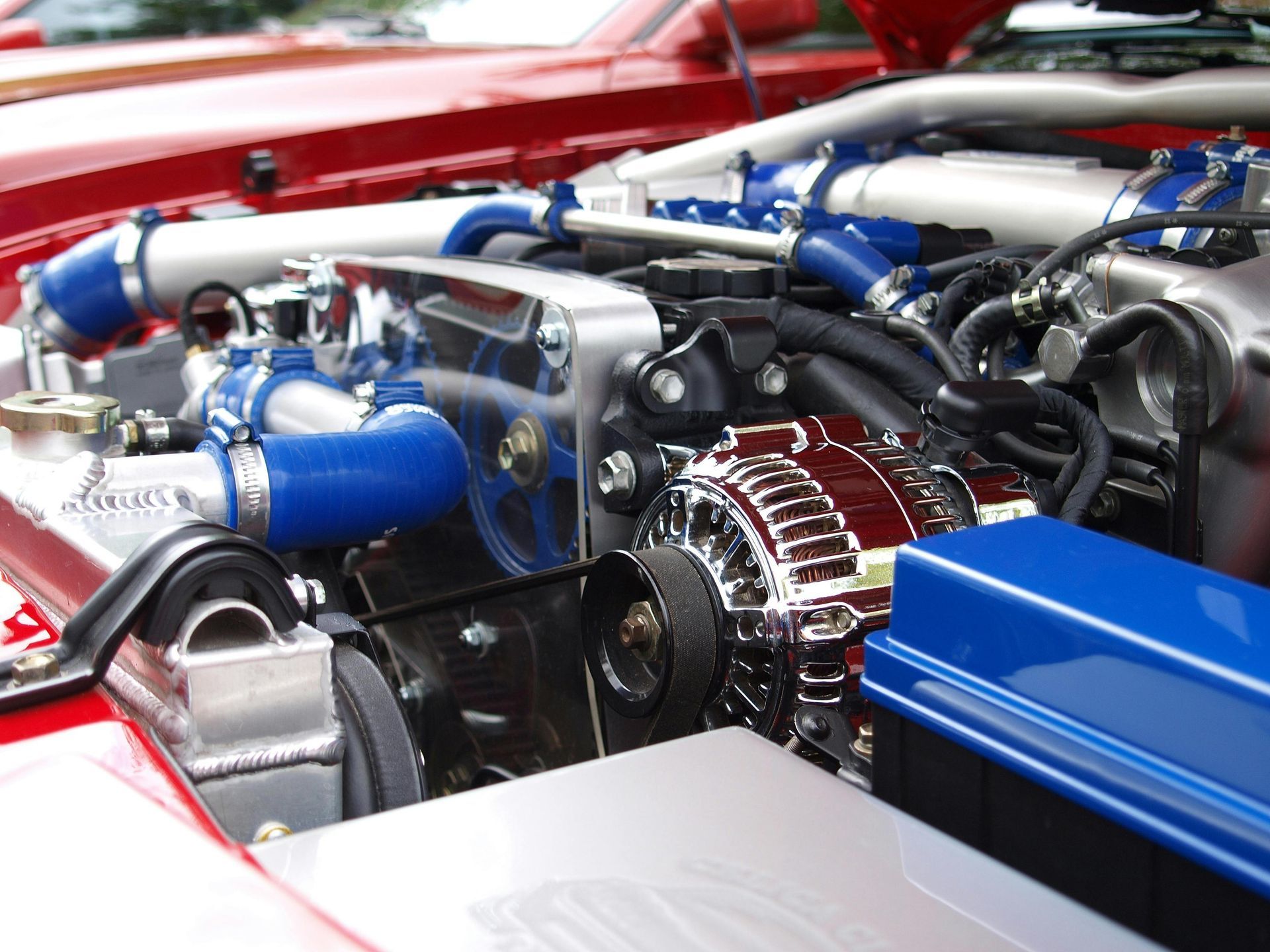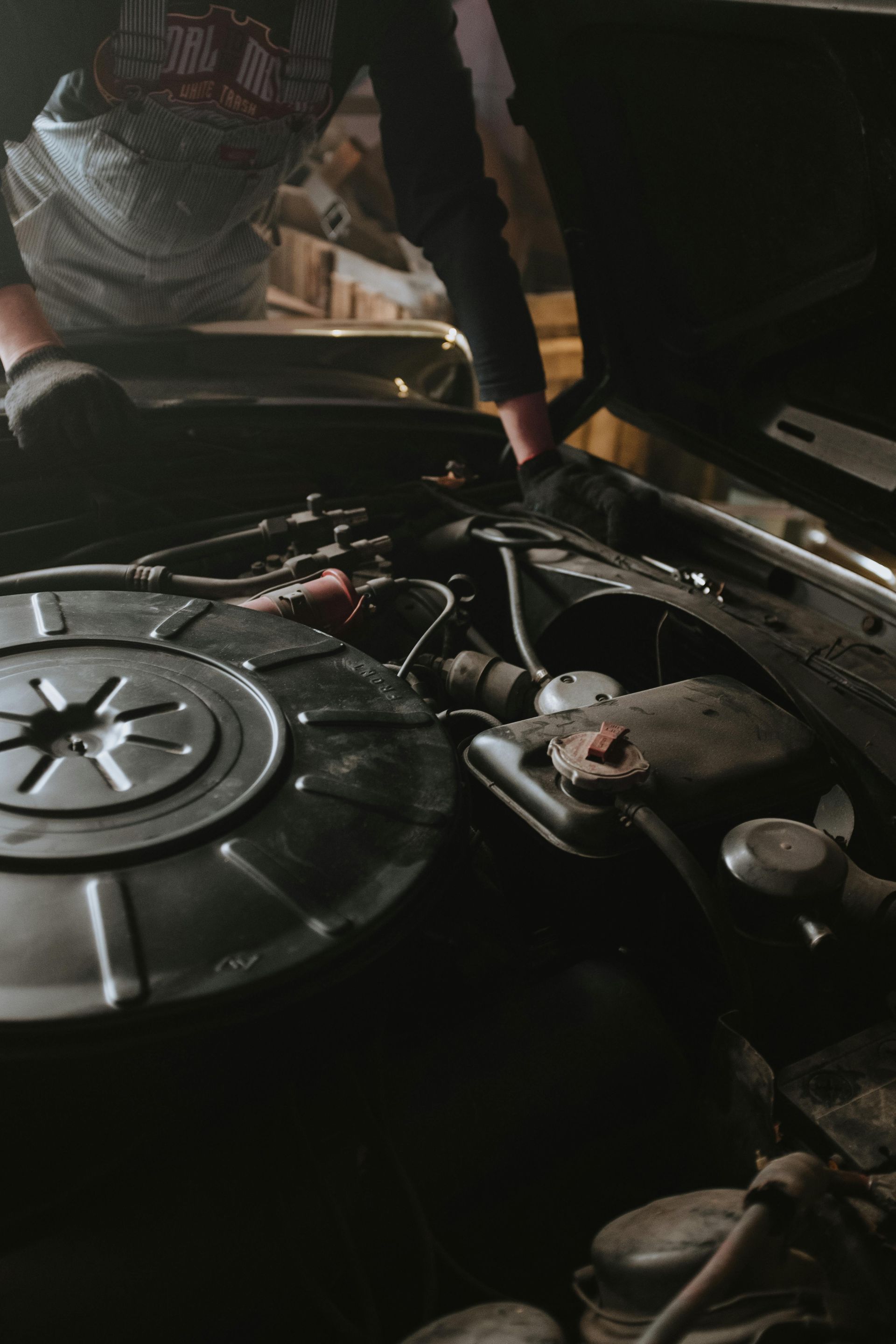By Stanley Douglas
•
September 8, 2025
Owning a vehicle in Colorado Springs presents unique challenges that can either significantly extend or dramatically shorten your car's lifespan. From the high altitude effects on engine performance to the extreme temperature swings that stress every component, Colorado's environment demands more from vehicles than many other locations. However, with the right maintenance approach, drivers in the Pikes Peak region can keep their vehicles running reliably for 200,000 miles or more. The key to maximizing your vehicle's lifespan lies in preventive maintenance tailored to Colorado's specific conditions. While generic maintenance schedules provide a starting point, drivers in Colorado Springs need to adapt their approach to address altitude effects, temperature extremes, and challenging driving conditions that come with mountain living. Here's how smart maintenance practices can help your vehicle thrive in Colorado Springs and deliver years of reliable service. Colorado's Impact on Vehicle Longevity Colorado Springs' unique environment affects every aspect of your vehicle's operation and longevity. At over 6,000 feet elevation, your engine works harder to produce the same power output as at sea level. Add frequent trips up to Woodland Park, Cripple Creek, or Pikes Peak, and your vehicle faces challenges that accelerate wear if not properly addressed. Altitude Effects on Engine Systems Reduced Air Density: At Colorado Springs' elevation, air contains about 20% less oxygen than at sea level. This forces your engine to work harder, generating more heat and stress on internal components. Fuel System Adjustments: Modern fuel injection systems compensate for altitude, but older vehicles may run rich or lean, affecting engine longevity. Cooling System Stress: Engines work harder at altitude, generating more heat that cooling systems must manage. This increased workload can shorten radiator and water pump life. Temperature Extremes and Daily Variations Colorado Springs experiences some of the most dramatic daily temperature swings in the country, sometimes varying 40-50 degrees between morning and evening. These extreme changes stress every component in your vehicle. Metal Expansion and Contraction: Repeated heating and cooling cycles stress engine blocks, gaskets, and seals. Fluid Viscosity Changes: Motor oil, transmission fluid, and other lubricants change consistency dramatically with temperature, affecting protection and performance. Battery Performance: Cold temperatures can reduce battery capacity by 50% or more, while heat accelerates chemical breakdown inside the battery. Engine Maintenance for Colorado Conditions Your engine is your vehicle's heart, and Colorado's conditions demand special attention to keep it running strong for maximum lifespan. Oil Change Intervals and Quality Frequent Changes: Colorado's dusty conditions and temperature extremes contaminate oil faster than in milder climates. Consider changing oil every 3,000-5,000 miles rather than following extended intervals. Quality Matters: Use high-quality synthetic or synthetic blend oils that maintain viscosity across Colorado's temperature range. Cheap oils break down quickly in extreme conditions. Filter Upgrades: Colorado's dusty environment clogs air and oil filters rapidly. Use high-quality filters and change them more frequently than manufacturer recommendations. Cooling System Excellence Coolant Quality: Use manufacturer-specified coolant with proper antifreeze protection for Colorado temperatures. Cheap coolant can cause corrosion and system failure. Regular Flushes: Colorado's mineral-rich water can cause cooling system deposits. Flush cooling systems every 30,000-50,000 miles or as recommended. Component Inspection: Have radiators, water pumps, and thermostats inspected regularly. Mountain driving puts extra stress on these components. Transmission Care for Mountain Driving Colorado's mountainous terrain puts extraordinary stress on transmissions. Proper maintenance can extend transmission life from 100,000 miles to 200,000+ miles. Fluid Service Intervals Shortened Schedules: Mountain driving generates excessive transmission heat. Change transmission fluid every 30,000-50,000 miles instead of manufacturer's longer intervals. Quality Fluids: Use only manufacturer-specified transmission fluids. Generic fluids may not provide adequate protection under Colorado's demanding conditions. Cooling System Maintenance: Ensure transmission coolers are clean and functioning properly. Clogged coolers cause overheating and premature failure. Driving Technique Impact Engine Braking: Use lower gears when descending mountain roads to reduce brake wear and transmission stress. Gradual Acceleration: Avoid aggressive acceleration on steep grades. Steady, moderate acceleration reduces transmission strain. Warm-Up Periods: Allow transmissions to warm up during cold Colorado mornings before demanding full performance. Brake System Longevity Mountain driving is notorious for shortening brake life, but proper maintenance and technique can dramatically extend brake component lifespan. Component Quality and Service Premium Parts: Invest in high-quality brake pads and rotors designed for mountain driving. Cheap parts wear quickly and can damage other components. Regular Inspections: Have brakes inspected every 15,000-20,000 miles or before extended mountain trips. Catch problems early to prevent expensive repairs. Fluid Maintenance: Replace brake fluid every 2-3 years. Moisture contamination reduces braking performance and causes corrosion. Driving Techniques for Brake Longevity Engine Braking: Use lower gears on descents to reduce brake usage and heat buildup. Gradual Application: Avoid riding brakes or sudden stops when possible. Smooth, gradual braking reduces wear and heat. Cooling Periods: Allow brakes to cool during extended downhill driving by using turnouts when safe. Tire and Suspension Maintenance Colorado's rough roads and diverse driving conditions demand excellent tire and suspension maintenance for maximum vehicle lifespan. Tire Care Strategies Rotation Schedules: Rotate tires every 5,000-7,500 miles to ensure even wear. Colorado's varied driving conditions can cause irregular wear patterns. Pressure Monitoring: Check tire pressure monthly. Colorado's temperature swings cause significant pressure variations that affect tire life and vehicle performance. Quality Investment: Purchase quality tires appropriate for Colorado conditions. Cheap tires wear quickly and provide poor performance. Suspension System Attention Regular Inspections: Have suspension components inspected annually. Colorado's rough roads accelerate wear on shocks, struts, and suspension bushings. Alignment Maintenance: Get wheel alignments annually or after hitting significant potholes. Proper alignment prevents premature tire wear and improves handling. Component Replacement: Replace worn suspension components promptly. Worn parts stress other components and reduce vehicle safety. Electrical System Protection Colorado's extreme conditions are particularly hard on electrical systems, but proper care can prevent premature failures. Battery Maintenance Testing Schedule: Have batteries tested annually after 3 years of service. Colorado's temperature extremes shorten battery life significantly. Terminal Care: Clean battery terminals regularly and apply protective coating to prevent corrosion. Replacement Timing: Replace batteries proactively rather than waiting for failure. Dead batteries can damage alternators and other electrical components. Charging System Care Alternator Maintenance: Have charging systems tested during routine service. Overworked alternators in Colorado conditions may fail prematurely. Belt Inspection: Check drive belts regularly. Temperature extremes can cause cracking and failure. Seasonal Maintenance Schedules Colorado's distinct seasons require adapted maintenance schedules to maximize vehicle lifespan. Spring Preparation Winter Damage Assessment: Inspect for salt corrosion, pothole damage, and winter wear after harsh weather. Fluid Changes: Replace fluids that may have been contaminated during winter driving. System Testing: Test air conditioning, cooling systems, and other components before summer heat arrives. Summer Readiness Cooling System Focus: Ensure cooling systems are ready for mountain driving and hot weather. Tire Preparation: Check tire condition before vacation season and mountain driving. Brake Inspection: Verify brake condition before increased summer driving. Fall Preparation Winter Prep: Prepare all systems for cold weather and challenging conditions. Fluid Updates: Switch to cold-weather appropriate fluids and check levels. Emergency Equipment: Ensure emergency supplies are current and accessible. Winter Maintenance Cold Weather Adjustments: Adapt maintenance schedules for harsh winter conditions. Component Protection: Take extra care of batteries, tires, and fluid systems during cold months. Safety Inspections: Ensure heating, defrosting, and traction systems work properly. Professional Maintenance Partnerships While drivers can perform basic maintenance, professional service ensures comprehensive care that maximizes vehicle lifespan. Diagnostic Technology Modern vehicles require sophisticated diagnostic equipment to identify problems before they cause major damage. Professional shops have tools that can detect issues early. Manufacturer Knowledge Professional technicians stay current with manufacturer service bulletins, recalls, and updates that affect vehicle longevity. Quality Parts and Fluids Established shops use manufacturer-quality parts and fluids that provide optimal protection and performance. Investment vs. Replacement Decisions Smart maintenance requires balancing repair costs with vehicle value and replacement timing. Repair Cost Analysis Major Components: Engines, transmissions, and other major components may justify significant repair investments in vehicles with otherwise good condition. Age and Mileage Factors: Consider vehicle age, mileage, and overall condition when deciding on expensive repairs. Preventive vs. Reactive: Preventive maintenance almost always costs less than reactive repairs after component failure. Professional Maintenance Services in Colorado Springs Maximizing your vehicle's lifespan requires expert knowledge of Colorado's unique conditions and how they affect different vehicle systems. At Action Automotive Service, our experienced technicians understand the specific challenges that Colorado Springs drivers face and tailor maintenance recommendations accordingly. We provide comprehensive maintenance services using manufacturer-quality parts and fluids designed to handle Colorado's demanding conditions. From routine oil changes to complex engine repairs, our team focuses on preventive care that extends vehicle life and prevents costly breakdowns. Our digital vehicle inspection system helps identify potential problems before they become expensive repairs, and our customer-centric approach ensures you're informed about your vehicle's condition and maintenance needs. Ready to maximize your vehicle's lifespan with expert Colorado-specific maintenance? Call Action Automotive Service at (719) 633-0008 or book your maintenance appointment online today. Located at 3335 Fillmore Ridge Heights, we're your trusted partner for long-term vehicle care in Colorado Springs.
